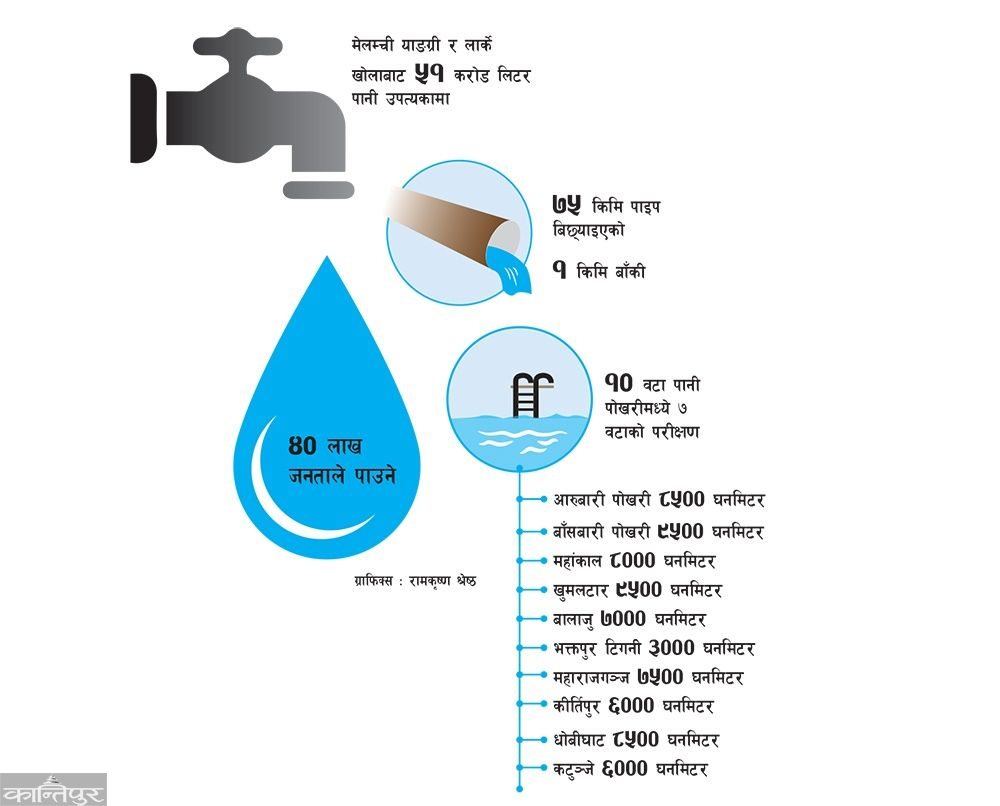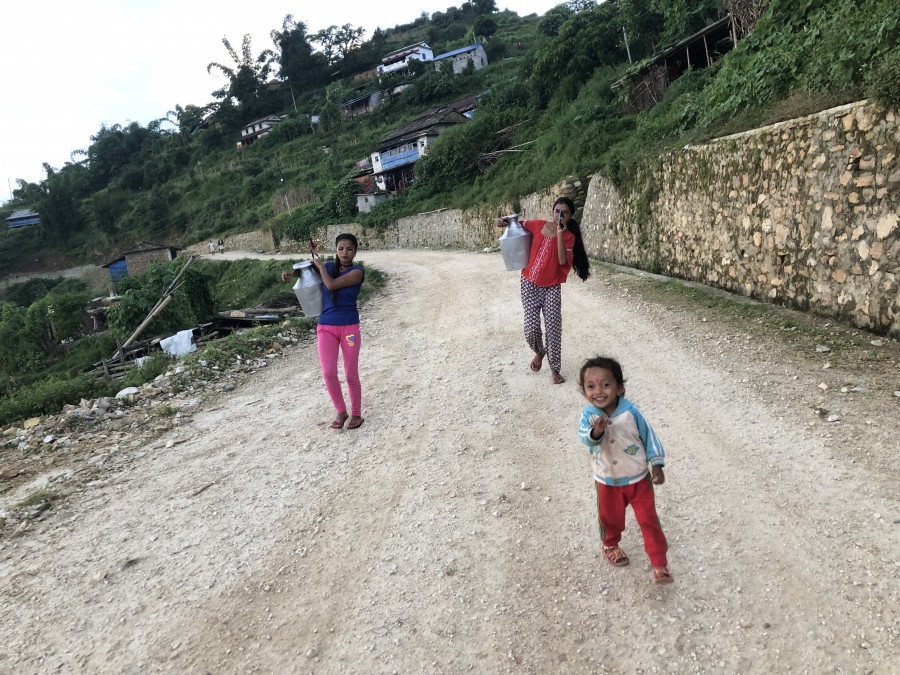News Watch
Can Nepal remain open-defecation free?
Declaring Nepal open defecation-free is easy. The real challenge is keeping it so.

The government declared Nepal an open defecation-free country on September 30. It had previously aimed to free the nation from open defecation in 2017 at the fifth South Asian Conference on Sanitation. It is always good to hear that the country is making progress in the social sector, even though belatedly.
Read more: Can Nepal remain open-defecation free?Kathmandu has been declared open defecation free, but people are still pooping on the streets
Sanitation experts and even city officials themselves say there is nothing substantial behind the declaration.

The district of Kathmandu declared itself “open defecation free” on Tuesday, but across the capital city, piles of faeces await errant feet like mines, ready to explode upon contact. A walk from Jamal to Ratnapark and up the many overhead bridges should make it clear to anyone that the city of Kathmandu is anything but free of public defecation.
Read more: Kathmandu has been declared open defecation free, but people are still pooping on the streetsKathmandu metropolis starts waste segregation in three wards
The initiative will be launched in Wards 12, 18 and 21, officials say.

A pedestrian walks past a garbage heap in Anamnagar, Kathmandu.
The Kathmandu Metropolitan City has launched a new initiative for collecting segregated garbage from the houses in core city areas. The environment division of the city office on Sunday said it started a campaign from its Ward No 18 office in Naradevi with an awareness rally.
Read more: Kathmandu metropolis starts waste segregation in three wardsमेलम्चीको पानी १ जनालाई १२७ लिटर
काठमाडौँ — खानेपानी मन्त्रालयले राजधानीवासी प्रत्येक व्यक्तिले दैनिक १ सय २७ लिटर मेलम्ची पानी उपयोग गर्न सक्ने जनाएको छ । सरसफाइ, पिउनलगायतका दैनिक पानी प्रयोग लागि मन्त्रालयले सीमा निर्धारण गरेको हो ।

मेलम्ची खानेपानी आयोजनाका अनुसार प्राविधिकलगायतको सम्पूर्ण डिजाइन त्यसै किसिमले तयार गरिएको छ । ‘पानीको मात्रा त्यसै किसिमले वितरण गरिन्छ, वितरण प्रणालीलाई त्यही किसिमले जडान गरिएको छ,’ आयोजना निर्देशनालयका प्रमुख त्रिरेशप्रसाद खत्रीले भने, ‘पाइप बिछ्याउने, पानी पोखरी (ठूला पानी ट्यांककी) निर्माण गरिसकेका छौं, पानी पनि त्यसै किसिमले वितरण गर्छौं ।’
Read more: मेलम्चीको पानी १ जनालाई १२७ लिटरAcute shortage of water drives locals to engage in a lucky draw for their turn at the only community tap
The incomplete state of drinking water projects in Parbat has affected more than 10 other settlements.

Villagers of Hanumandanda have been reeling under water scarcity for the last 40 years.
Every last Saturday of the month, villagers of Hanumandanda in Parbat district hold an assembly to take part in a lucky draw to decide their turn and the time to collect water from the community tap. The lucky draw is held around the year, and the representatives from some 40-odd households in the village participate in it. This novel idea was born out of a decades-long water crisis in the area.
Read more: Acute shortage of water drives locals to engage in a lucky draw for their turn at the only...
